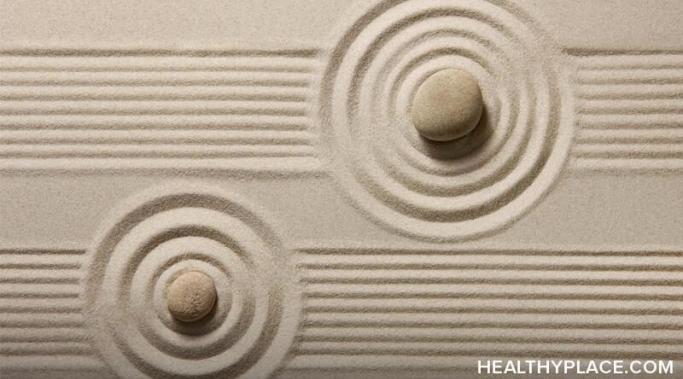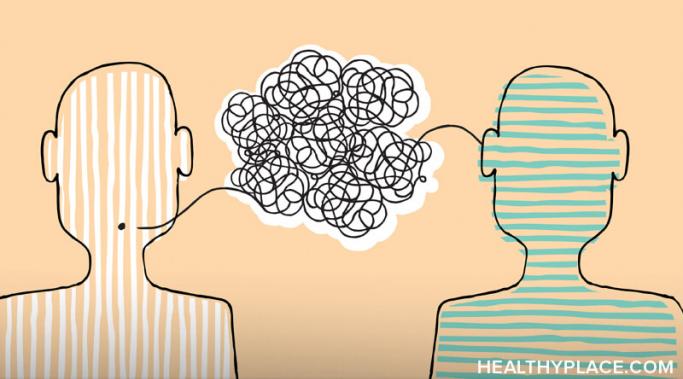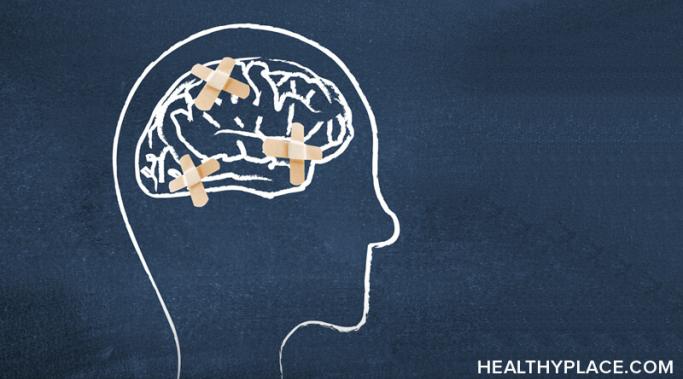Are you sure it's not that bad when considering the damage self-harm is doing to you? One of the strange things about self-harm is that we all know it’s bad. Rarely are any of us truly under the delusion that it is making us happier in any way. In fact, most of us acknowledge that it actively makes our lives worse. And yet, we don’t stop.
Mental Health Issues
Self-esteem and self-harm do have a relationship. While self-harm can stem from a wide variety of root causes, issues regarding self-esteem is often brought up in discussions as one possible culprit. It would be reductive to draw a straight line connecting self-esteem levels to self-harm activity, but it would be equally reductive to deny that a relationship between the two does, in fact, exist.
Sometimes the scariest thing about self-harm is just knowing our brains are capable of having such dark thoughts. It is not always obvious at the time, but looking back at and reflecting on those moments, especially if your struggle with self-harm is a thing of the distant past, it can feel strange to recount all the thoughts you had before, during, and after engaging in self-harm. Because of the intense physicality of self-harm, it is easy to overemphasize the literal action of self-harm when in reality it is the thoughts surrounding the action, not the action itself, that hold real power over us.
Learning better communication skills can help you end self-harm, and communication does not always have to be verbal. Everything about the way we present ourselves in front of other people is intended, whether consciously or not, as a way to communicate something. Communication is not just limited to verbal interactions. It is not even limited to just deliberate physical movements and facial expressions. Everything from the way we dress, the way we walk, what we order at a restaurant, and even those parts of ourselves we think we are hiding, including -- yes -- our self-harm, are ways of making our thoughts, emotions, and sense of identity socially readable. Self-harm is an unhealthy communication skill, and learning new skills will help you stop self-harming.
Our expectations about self-harm recovery sabotage us. You see, when you are in the depths of your self-harm, it is hard to imagine life without it. Even if you want to stop, it feels overwhelming and daunting because you figure that in order to be able to stop, the problems that made you turn to self-harm in the first place would have to be resolved. In other words, the circumstances surrounding your recovery would have to be completely different from the circumstances surrounding your self-harm. But this is a lie we tell ourselves that will sabotage our self-harm recovery.
I stopped hiding my self-harm scars so I could feel free. Let me explain: self-harm insists on making its history known. It leaves evidence of itself on your skin in marks both faint and bold and in times of both struggle and recovery. These self-harm scars can make you self-conscious, remind you of a painful past, and draw unwanted attention. The common impulse among self-harmers and those with a history of self-harm is to hide them. But hiding self-harm scars, for me, just never felt like freedom.
Self-harm is often used as a way to cope with difficulties that the person is not, for whatever reason, emotionally equipped to handle. For many of those who use self-harm in this way, that reason is an underlying mental illness (or illnesses).
You would think that the reasons to recover from self-harm would be obvious. In a way, they are. You would also think that those who currently suffer from self-harm tendencies would recognize these reasons and use them to motivate their recovery. In a way, they do. But that is the thing about mental illness: no one chooses to be sick. Rationale tells us that the drawbacks of self-harm far outweigh the benefits but our sick brains tell us otherwise. The trick is to access and strengthen our rationale — that is, the healthy part of our brains that still exists somewhere inside of us — to do what we know we need to do (Mental Illness Isn't a Choice, But You Still Have Choices). Finding reasons to recover from self-harm is part of the process.
Recovering from self-harm is hard for reasons too numerous to list. The process of self-harm recovery is often lonely, confusing, messy, and dark. Feelings of hopelessness, feeling trapped, and feeling flooded with whatever emotions led us to self-harm in the first place are not uncommon, nor are the urges that cloud our thoughts and tempt us toward relapse in our self-harm recovery.









